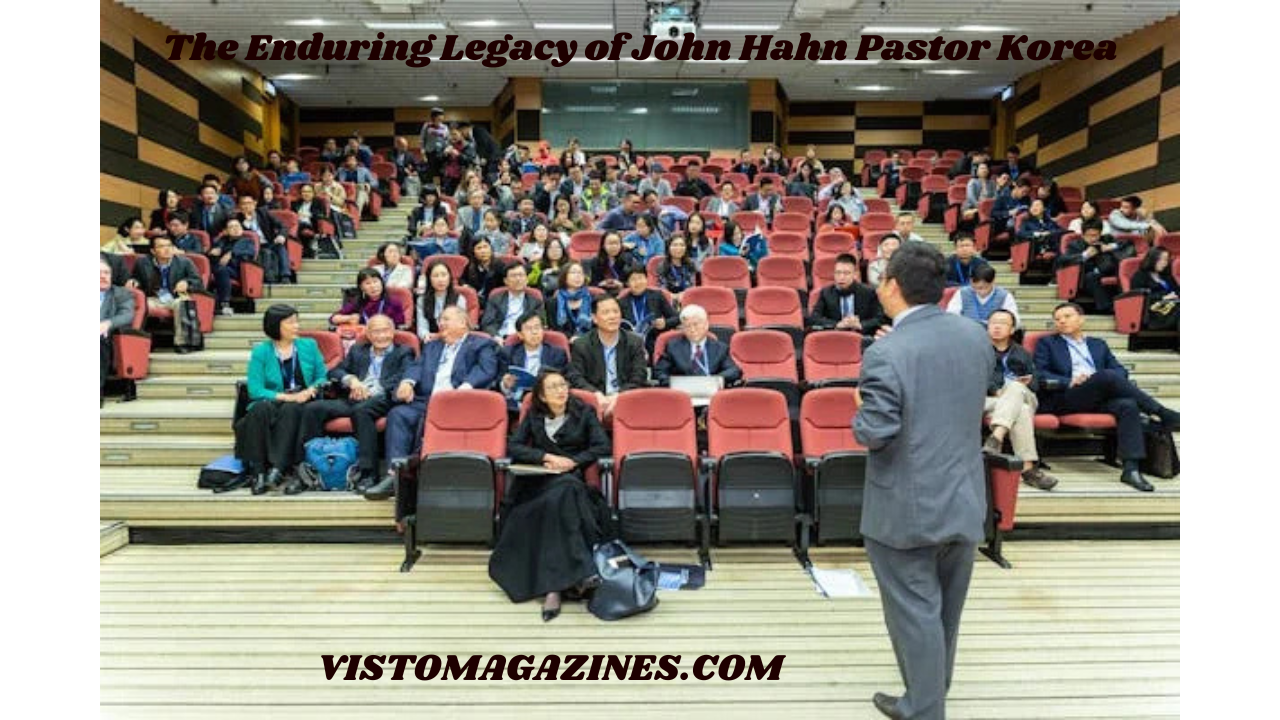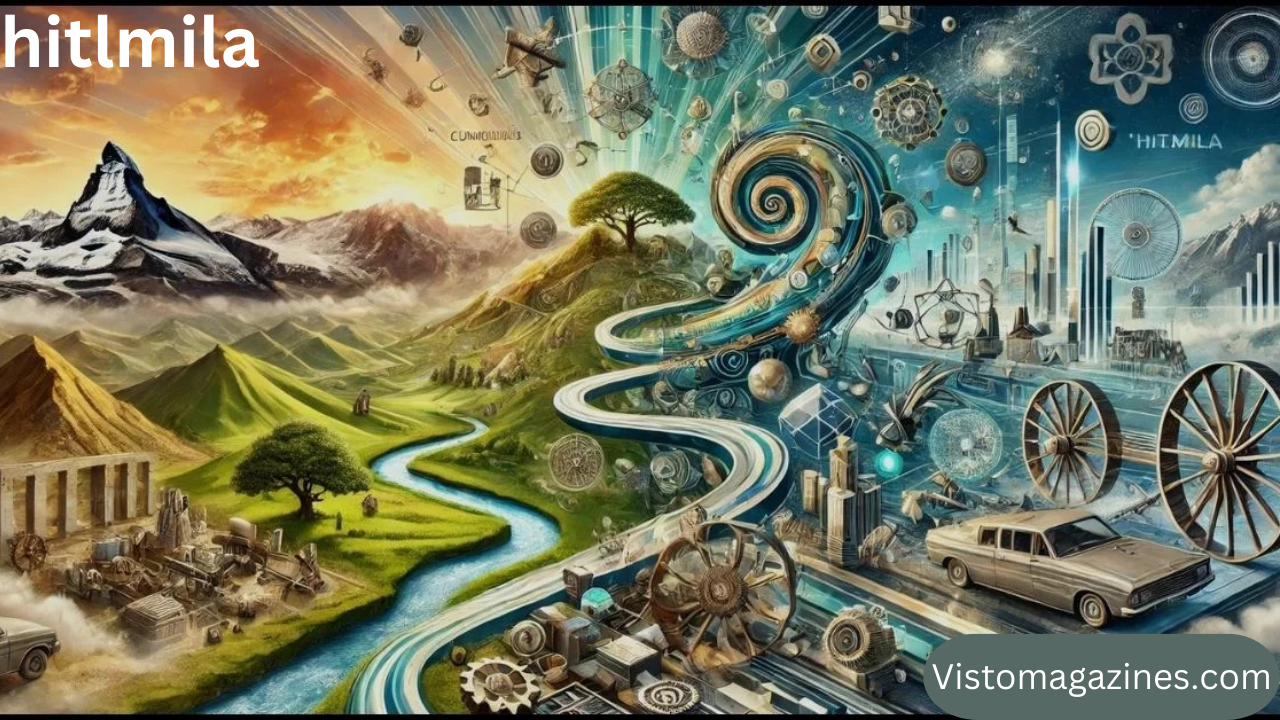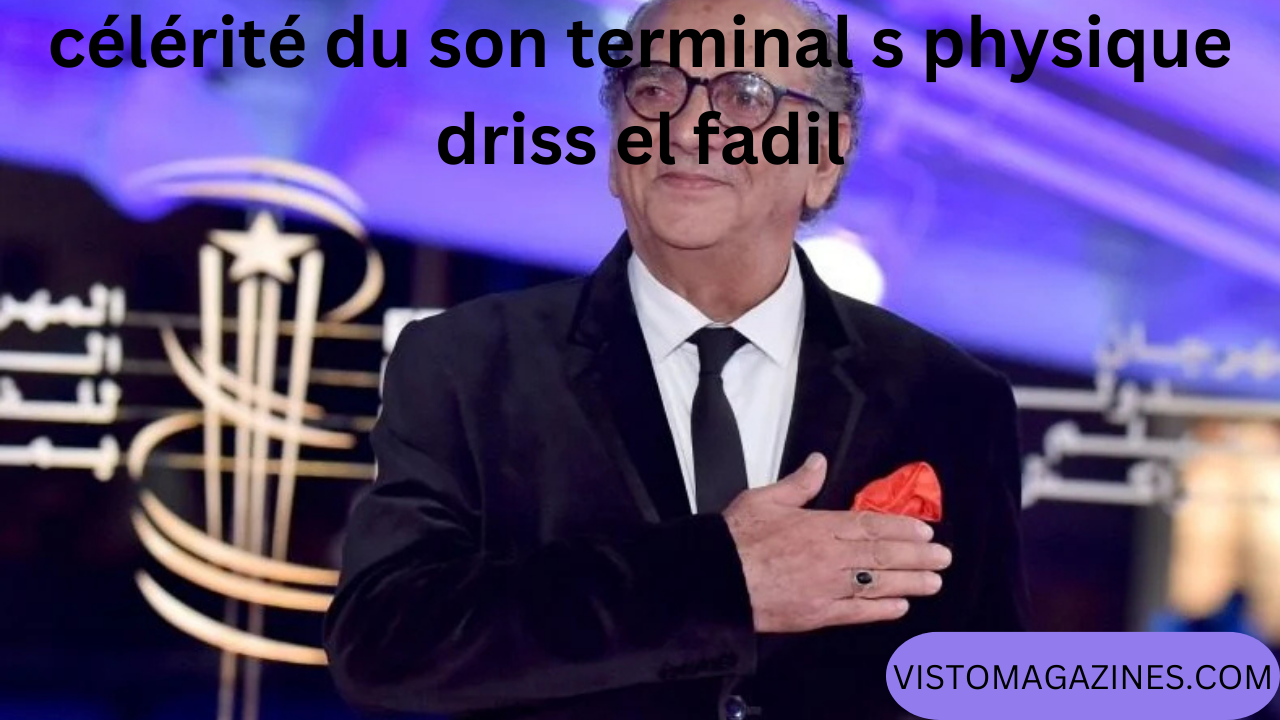Understanding the Phenomenon of girl:u_drdk7wvsm= gyatt in Digital Culture
The phrase “girl:u_drdk7wvsm= gyatt” has started to appear across various online platforms, raising curiosity and sparking discussions in certain digital communities. At first glance, it may seem like a random string of characters, but upon deeper analysis, it becomes clear that this term reflects the way online culture evolves and transforms everyday expressions into unique identifiers and codes. In this article, we will explore what “girl:u_drdk7wvsm= gyatt” signifies, how it fits into digital subcultures, and its broader implications on social media and internet communities.
What Does “girl:u_drdk7wvsm= gyatt” Mean?
When you first encounter the term “girl:u_drdk7wvsm= gyatt”, you might wonder if it’s a typo, a coding error, or something else entirely. However, this combination of words and characters is part of a trend in digital communication, particularly on platforms like Twitter, Instagram, and TikTok, where online users often create coded language to express shared experiences, trends, or memes.
- “girl:” refers to the subject of the expression, often highlighting a person or a persona.
- “u_drdk7wvsm” seems like a nonsensical string at first, but in many cases, users intentionally generate such strings to encode personal information, share secrets, or reference something known only within a specific community.
- “gyatt” has gained traction as an internet slang term, often used to describe something impressive or overwhelming, often in reference to a person’s physical appearance, particularly with regard to attractiveness.
Together, “girl:u_drdk7wvsm= gyatt” may be seen as a coded message that points to a specific individual (likely a girl) being admired for their physical or aesthetic qualities, wrapped in an encrypted or playful online expression.
Digital Culture and Language Creation
The internet has fostered a unique form of communication that allows individuals to invent new ways of expressing themselves. What might seem like a jumble of letters to an outsider often holds meaning within a specific group.
In this context, “girl:u_drdk7wvsm= gyatt” is an example of how internet users are creating their own language to communicate among themselves. Internet culture thrives on its ability to redefine and manipulate language. Memes, for instance, often rely on such cryptic combinations of words, letters, and symbols to signify something more than what the words might represent at face value.
- “Gyatt” itself is a slang term used to describe someone, usually a girl, who possesses an alluring or “eye-catching” quality. It is a term closely related to admiration, often used in a context where a person’s attractiveness stands out. The creation of such slang terms is a hallmark of how online language evolves.
- The use of seemingly random characters like “u_drdk7wvsm” may be an inside joke, a community-specific code, or even just a creative expression meant to confuse or amuse others.
By studying these linguistic phenomena, it becomes clear that language on the internet is highly adaptable and constantly evolving.
The Role of Slang in Shaping Online Communities
The emergence of terms like “gyatt” and expressions like “girl:u_drdk7wvsm= gyatt” show the power of slang in shaping internet communities. Online communities, particularly those on platforms such as TikTok, Twitter, or Discord, frequently use specific terms that outsiders might not understand. This creates an in-group culture, where people who are familiar with the terminology feel a sense of belonging.
- Slang terms such as “gyatt” create a shared vocabulary for people to express admiration in a playful and informal way.
- In certain communities, the use of coded expressions serves as a way of demonstrating membership in a specific group while also separating insiders from outsiders.
The more users of these platforms engage in these kinds of linguistic experiments, the more these terms begin to spread and gain wider recognition. This cycle is how new slang terms enter the mainstream, shifting the cultural conversation.
The Role of “Girl” in Internet Culture
“Girl” has been used as a shorthand in internet culture to describe someone who is often the subject of memes, trends, or viral content. It is a term that can denote many things: from an idealized version of beauty to a humorous or relatable portrayal of certain traits or behaviors.
In many ways, the phrase “girl:u_drdk7wvsm= gyatt” fits into the long tradition of using the concept of “girl” to represent an exaggerated, often stylized, version of femininity or beauty. Online, “girl” isn’t just a description; it is a label that ties the subject into a broader conversation about beauty standards, attractiveness, and even how women are portrayed and admired within digital spaces.
For example, “gyatt” might be used to describe someone who fits the beauty standards perpetuated online, but it also could point to the pressure on individuals to conform to those standards in order to gain attention and admiration from others. The language used in “girl:u_drdk7wvsm= gyatt” showcases a unique interplay between digital identity, self-expression, and beauty ideals in online spaces.
Decoding “u_drdk7wvsm” – The Mystery of Online Coded Language
The inclusion of the seemingly random string “u_drdk7wvsm” is worth exploring in greater detail. It serves as a perfect example of how online users take creative license in the formation of unique terms, expressions, and codes. While it doesn’t directly translate into a standard word or phrase, it functions within the context of internet communication as part of a larger meme or joke.
- These types of “encrypted” phrases might have personal meanings for particular users, or they may serve as inside references that only certain communities understand.
- The use of such cryptic language plays into the anonymity and creative freedom of the internet, where users are free to create and share content that is understood only within their own circles.
In some cases, these types of “coded” expressions are used to maintain a sense of exclusivity or to confuse newcomers to a community, making them feel out of the loop.
Memes and Trend Creation
“girl:u_drdk7wvsm= gyatt” also highlights the role of memes in the creation of viral trends. Memes are an essential part of internet culture, and they evolve rapidly, taking on new meanings or changing in format over time. What starts as a single post or expression can quickly morph into a viral trend that influences the way people communicate online.
- Memes often rely on repetition, distortion, and variation of a specific phrase or concept, allowing users to remix or change its meaning. This characteristic is why memes can quickly become part of digital folklore, evolving into symbols of shared experiences or humor.
- As phrases like “girl:u_drdk7wvsm= gyatt” are passed along, they take on new forms, become more polished, or are adapted by users to fit a variety of different situations.
The adaptability of internet memes and trends like this illustrates just how quickly online culture can change and how interconnected users are within digital communities.
The Future of Internet Language and Expression
As digital culture continues to evolve, the way people express themselves will keep shifting. Phrases like “girl:u_drdk7wvsm= gyatt” are just one example of how new linguistic patterns emerge and take hold in digital spaces. The impact of these changes on how we communicate in the real world is still uncertain, but it is clear that the evolution of online language will continue to influence broader cultural trends.
The growth of online platforms, the increasing use of artificial intelligence, and the blending of virtual and physical experiences will likely result in even more creative expressions, digital slang, and community-based language. Understanding phrases like “girl:u_drdk7wvsm= gyatt” not only highlights the current state of digital communication but also offers insight into how language is continually shaped by the digital era.
Conclusion
“girl:u_drdk7wvsm= gyatt” is more than just a collection of random characters. It represents the creativity, humor, and sometimes cryptic nature of online culture, where language evolves quickly, often reflecting deeper social and cultural dynamics. As we continue to witness the rise of digital subcultures, it will be fascinating to see how such expressions shape our understanding of communication in the 21st century. Whether they are used to show admiration, make jokes, or build community, these expressions will continue to evolve and remain a hallmark of our interconnected digital age.



